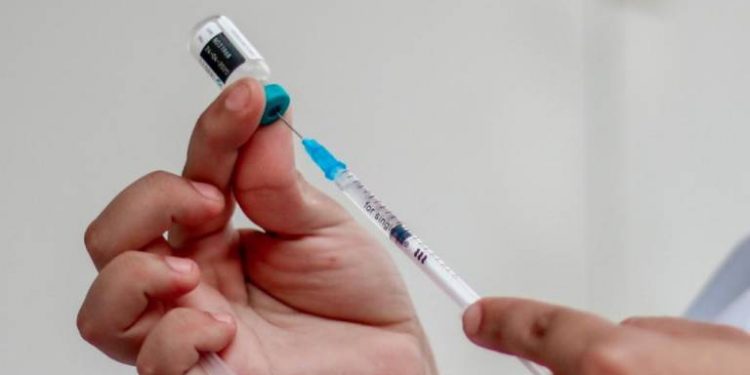Bhubaneswar: Public health experts and doctors working with premier medical institutions in the state have claimed that the myths and wrong reporting of the impact of vaccinations can distort the healthcare polices of the government and the objectives thereof.
In a media workshop organised at the All India Institute of Medical Sciences (AIIMS), Bhubaneswar, Dr Vikas Bhatia, Head of the AIIMS Community Medicine Department elaborated how a single wrong reporting of medically unverified facts can give a setback to health policies.
“Sometimes a medically unverified media report on death of a child after the administration of a vaccination creates panic among the concerned local population. Many from the region then can shun the vaccination programme and keep their kids un-immunised. On several occasions the reason of deaths is actually not vaccines but such myths give a setback to the whole intervention plan,” said Bhatia.
Representatives from six medical colleges from Odisha also exhorted the media to refrain from creating panic during mass administration of vaccinations and prophylactic measures. Many of them claimed that with sensational media reporting on public health interventions like administration of anti-worm tablets (Albendazole) hampers the prime objective of de-worming exercise.
Dr Sadhu Panda, Head of Community Medicine Department, VSS Medical College, Burla said that the state has now got impetus in terms of penetration of most of the essential vaccinations into the public health system. He said, “Unlike the earlier availability of seven vaccinations, Odisha government hospitals are now equipped with 11 essential vaccines for the children including Rotavirus.”
Nutrition and other experts from development agencies meanwhile claim that malnourishment is one of the leading issues on which the public health system, grassroots workers need to
work on.
Dr Sourav Bhattacharjee, nutrition specialist, Unicef, Odisha said, “Malnourishment is one of the major issues in the state leading to crib deaths,” He emphasised that breast feeding, complementary feeding and other interventions could successfully fight the issue.






































